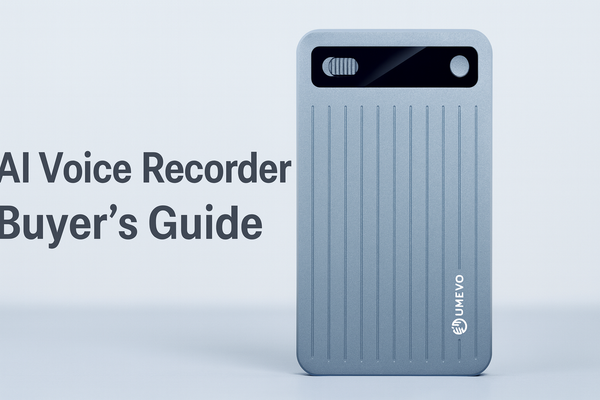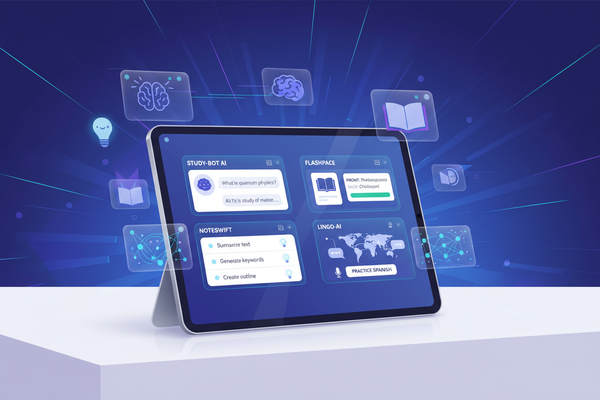| 1 |
Q: What is an AI summary tool and how does it work? |
A: An AI summary tool uses natural language processing (NLP) and machine learning algorithms to condense long texts, articles, or documents into shorter versions while retaining the main points and key information. |
| 2 |
Q: Are AI summaries accurate and reliable? |
A: While generally accurate, AI summaries can sometimes be inaccurate, especially with complex or nuanced texts, and may occasionally misrepresent or "hallucinate" information. Users should always verify critical details against the original source. |
| 3 |
Q: What are the best AI summary tools available for free? |
A: Popular free options often include features from tools like QuillBot, various browser extensions, or the free tiers of larger language models like ChatGPT or Copilot, though free versions usually have limitations on length or usage. |
| 4 |
Q: Can AI summarize large documents or PDFs (e.g., 50+ pages)? |
A: Yes, many advanced AI summarizers are designed to handle large PDFs and documents, but performance and accuracy can vary. Users on Reddit often seek recommendations for tools that excel with large file sizes. |
| 5 |
Q: What is the difference between extractive and abstractive summarization? |
A: **Extractive** summarization pulls key sentences directly from the source text. **Abstractive** summarization generates new sentences that convey the original meaning, often leading to more human-like and concise summaries. |
| 6 |
Q: Is using an AI summary tool considered cheating or plagiarism in an academic setting? |
A: Using AI to understand a text is generally acceptable, but submitting an AI-generated summary as one's own work without proper citation, or using it to avoid reading the source material, is often considered academic dishonesty. |
| 7 |
Q: How can I ensure the summary is not plagiarized? |
A: Abstractive summaries create new text, which is not plagiarism, but the ideas are not original. Users should always paraphrase the AI's output and cite the original source material to avoid intellectual plagiarism. |
| 8 |
Q: Do AI summarizers affect the traffic and revenue of online news sites? |
A: Yes, studies and discussions suggest that AI summaries, particularly those integrated into search engines, can cause a "devastating" drop in audience traffic for news publishers, as users get the information without clicking through. |
| 9 |
Q: Can AI summary tools handle non-English languages like Slovak or Czech? |
A: The capability to handle less common languages varies significantly between tools. Users often look for tools with strong multilingual NLP support for summarizing notes or research in various languages. |
| 10 |
Q: What types of media can AI summary tools summarize (e.g., text, video, audio)? |
A: Modern tools can summarize text (articles, documents), videos (by transcribing the audio), and audio files (via speech-to-text), with YouTube summarizers being a common request on platforms like Reddit. |
| 11 |
Q: What are the main challenges or limitations of AI summarization? |
A: Key challenges include maintaining output quality, handling multi-document summarization, accurately selecting the most important sentences, and the risk of generating misleading or exaggerated summaries. |
| 12 |
Q: Are AI summarizers secure, and is my data protected? |
A: Security and data protection depend on the provider. Users frequently ask about privacy policies, whether their uploaded documents are used for training the AI, and if the tool is compliant with data protection regulations. |
| 13 |
Q: How do I choose the best AI summarizer for my specific needs (e.g., research, note-taking, news)? |
A: The best tool depends on the source format (PDF, URL, video), required length/style (bullet points, paragraph), and budget. Users on Reddit often review and compare tools based on these criteria. |
| 14 |
Q: Can AI summarizers be integrated into other tools like Notion or Google Docs? |
A: Many AI summarizers offer APIs or direct integrations (e.g., browser extensions, Notion AI features) that allow for seamless summarization directly within other productivity and note-taking applications. |
| 15 |
Q: How can I use an AI summarizer to improve my own writing? |
A: AI summarizers can be used to quickly grasp the core arguments of source material, check if your own writing's main points are clear and concise, or generate a draft abstract that you can then refine and expand. |







0 comments